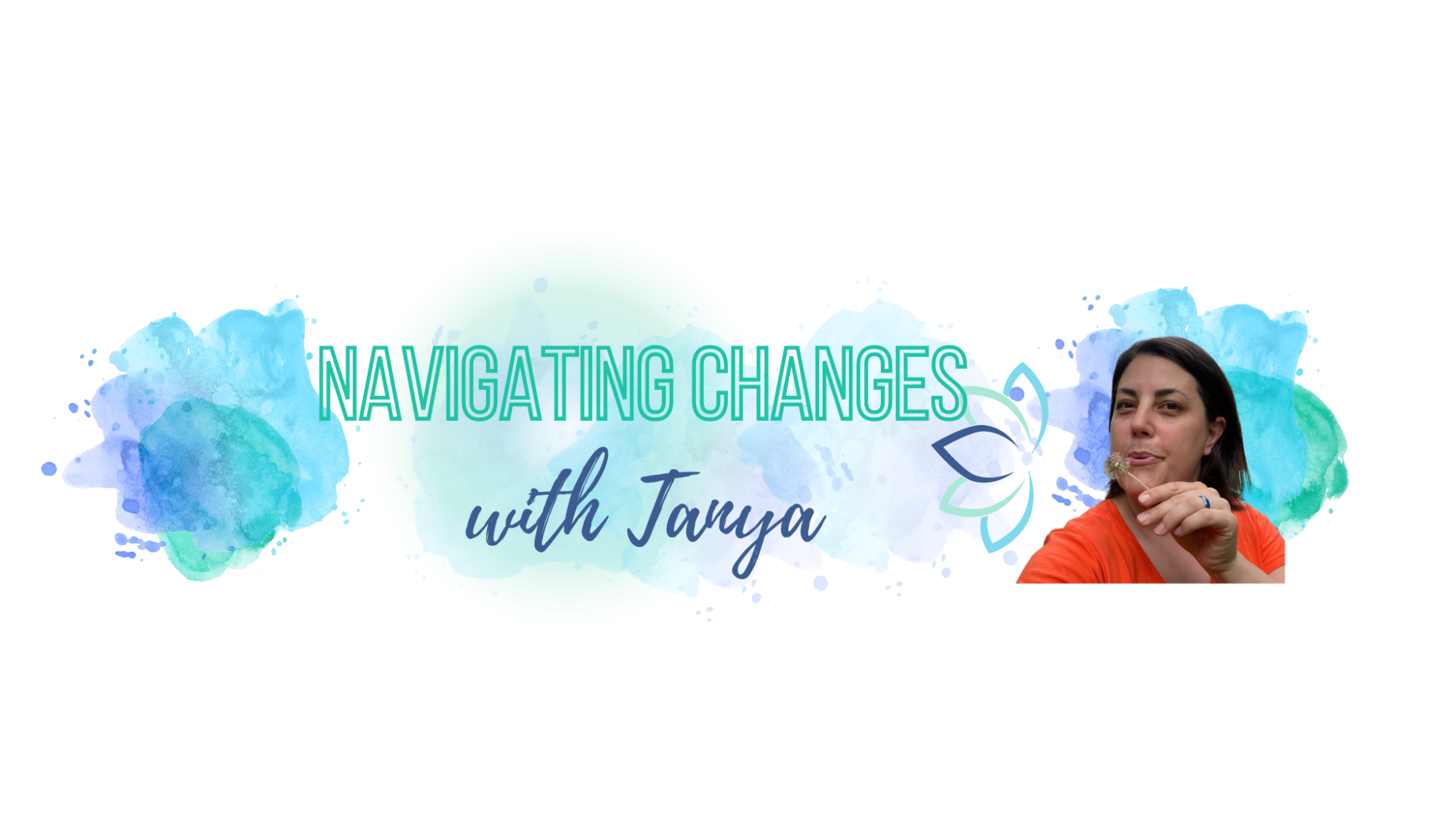
What happens when you have disagreements or need to solve a problem in your family? Do you have a planned place in your week where you have a family meeting? A time and place where everybody gets to voice their opinions and work out problems?
Growing up, my family did not have this. Family together time was quite chaotic. There were five of us and my mom and dad were usually busy working. When we would get to dinner everybody would want to talk at the same time. Even now, dinner can be quite triggering for me with just my two kids and everybody trying to talk.
Meetings were something that I had to learn to do as a teacher. Leading group meetings is really important to build community! I had to learn skills on how to come together as a group at staff meetings, and then as a class. I learned how to lead effective class discussions and how to use active listening. These are all skills I transferred over into my family to make sure everyone feels heard and included.
Purpose of a family meeting
Leading a productive group discussion can be really hard when you didn't have that growing up. If your voice didn't quite matter in the discussion, or the decision making in your family, this is a skill you will need to learn. As part of breaking generational cycles, we want our children to know that we value their voice. That all the voices in our family matter.
I also go over this in my coaching calls in Om in the Home Revolution. You need to jump in if you're not in there because we do a lot of work in the program around building connection. There are tons of resources on creating family systems that can help you build a family of intention and empathy.
In our culture right now we see a lot of divisiveness, especially in the political arena. What we’re seeing is that people just want their opinion to be heard. If we want to raise adults that can voice their opinions and listen to other people's opinions, coming together to problem solve and compromise on a solution; we need to practice it with our children.
Setting up Your Family Meetings
Family meetings have one main goal in common: come together as a group to problem solve and set goals.
When you set up a meeting you want to have certain expectations for what will happen and of how you want your meeting to go. Be forewarned, if you're not clear on these expectations and you start to do these meetings, things can get quite dicey.
Tips for a Successful Discussion
Use a Talking Item: When it comes to taking turns talking, you can use a talking stick or a talking item. I did this in my classroom and we do it with in our family. The person talking gets to hold the item so that others can practice actively listening to that person. If you’re not holding the item then it's not your turn to talk.
Practice Active Listening: As family members share take time to reflect back what they have said. This is active listening! It shows individuals that they matter and that you've heard them. It shows them compassion and empathy. A couple of things you can say is “I understand your idea” or “I believe you”. It doesn't always mean that you're going to do exactly their idea or carry out everything that they've shared, but their opinion has been expressed and received.
Stay Consistent: Keep the same structure for each meeting so they are consistent and predictable. In my home now I can do these family meetings on the go, like in the car. We have the way that we run through things. I can simply start by saying, “Hey, it looks like we have something that we want to work through. Let's start our process.” Then my kids are comfortable taking turns to share their ideas. We follow the same process we’ve already practiced during previous structured meetings in our family.
Let’s hear it one more time for active listening. Validating emotions and ideas is such a powerful tool! If you can set up this structure and space in your family where everybody feels heard, even if you are not doing everybody's idea, you will notice less frustration and hurt feelings.
Practice in Real Life
Unless you practice this in your life, it can be really hard to do it with other people. Especially your children because they will trigger parts of you that you repressed growing up or never even had a chance to develop. So you need to feel what it's like to practice these family meetings.
Where in your life, do you have a community that comes together with a shared purpose? To work together to create democratic systems? Possibly your work does this, possibly your church, or school? Look for areas in your life where you can practice these skills.
A great place to do this is within my program Om in the Home Revolution. You can access self-guided courses and tiered levels of both group and one-on-one support. Within tier two you have access to our private Facebook group where one of our coaches Erin holds a Power Hour community meeting every other week. You’ll see an exact meeting layout that you can do with your family plus get support and productivity tips for running your own business!
Grab the Free PDF 15 Ways to Build Self compassion here



















0 Comments